Well, why do you? The answer for most authors is to get published. But is that the only reason, or even the best reason? As we near the end of Anne Lamott’s Bird by Bird, we investigate other rewards for writing, like to find one’s voice, or as way of giving. And then we get back to publishing (this is a writing advice podcast after all) and discuss Lamott’s opinion that it’s not all that it’s cracked up to be.
We also check-in with writers Patrick Dugan and John Gibson about how they deal with writer’s block. And for our writing exercise, Kim takes a stab at writing a page of her humorous fantasy in the voice of George R.R. Martin.
Want to hear more of our exercise workshop? We post the bonus podcast, SnarkNotes, and detailed write up of the exercises on our Words to Write by Patreon account.
You can also join our free Writing Process Group on Meetup.
The Writing Exercise
Re-write a few paragraphs of your draft in the style of another writer.
This Episode's Interviews
In our last episode, we discussed the dreaded Writer’s Block, the bane of every novelist, poet, and memoir’s existence. This week, we ask two published authors what they do when they just can’t find the words. Enjoy!

Patrick Dugan
Patrick Dugan is the award-winning author of the Darkest Storm series as well as several other fantasy and science fiction novels. In his spare time he’s a gamer, home brewer, 3D printer enthusiast, and DIYer. You can check out and purchase his books here.

John Gibson
In addition to being a published author, John Gibson has been a missionary, served in the armed forces, and is currently a teacher. His works include the novels Davidity and Soul Sprints, which won the 2018 Words Matter Publishing Holiday Book Contest, as well as several books of poetry. You can buy his book here.
Finding Your Voice (Chicken V Egg)
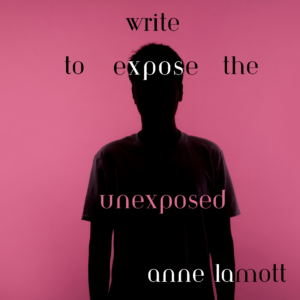
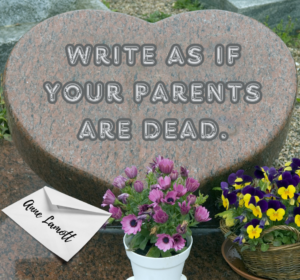
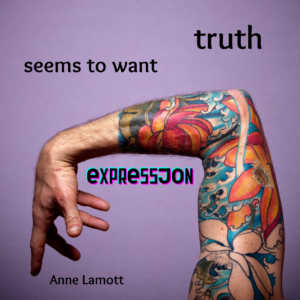
If you’ve ever read through a writing craft book, or even just the table of contents, you’ll likely run across a chapter about developing one’s voice as a writer.
What IS Voice, Anyway?
While you won’t find a clear definition of voice in this chapter, Lamott tells us the the reason to write is to find your voice. We suppose she means if find your voice by developing the truth in your subject (aka memoir is cheaper than therapy). Sure. I guess. Sorta.
It helped me see that it is natural to take on someone else’s style, that it’s a prop that you use for a while until you have to give it back.
When you try to capture the truth of your experience in some other person’s voice or other person’s terms, you are removing yourself one step further from what you have seen and what you know.
Anne Lamott
For Lamott, the purpose of writing is to develop your own voice. Voice becomes the means to the writing end, it’s own reward. Kind of like a consolation prize for the time sweating over an entire manuscript (especially if it doesn’t get published). In this sense, she dances around the HOW TO and lands on the HOW NOT TO.
If this sounds familiar, then that’d be your subconscious remembering our episodes on Bradbury and how he tackled the same subject.
I loved them [other authors], and they smothered me. I hadn’t learned how to look away and in the process look not at myself but at what went on behind my face.
Ray Bradbury
For Bradbury, it’s a way to find oneself on the page. You’re going to tell stories regardless, but are you going to give them your signature style? Neither of them really define it.
Giving
This chapter feels eerily similar to Writing a Present chapter. In “Giving” she talks about writing as a kind of labor of love:
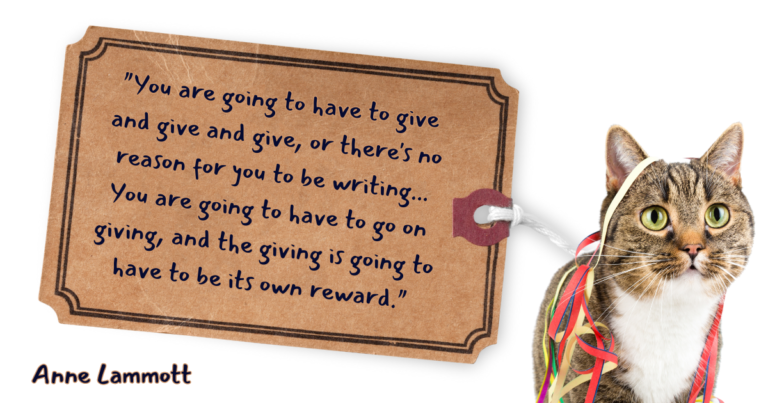
In other words, writing is thankless work. You may give all you have and not get anything in return (publication, recognition, a book deal, an advance, movie rights, respect, self esteem, love, etc).
Knowing this, why do we do it? Why suffer the slings and arrows of writer’s block? Revision? Pacing? We may exhaust ourselves for reasons to write, but for Lamott, two things inspire her to show up to the page everyday and give, give, give.
Do it For Your Readers
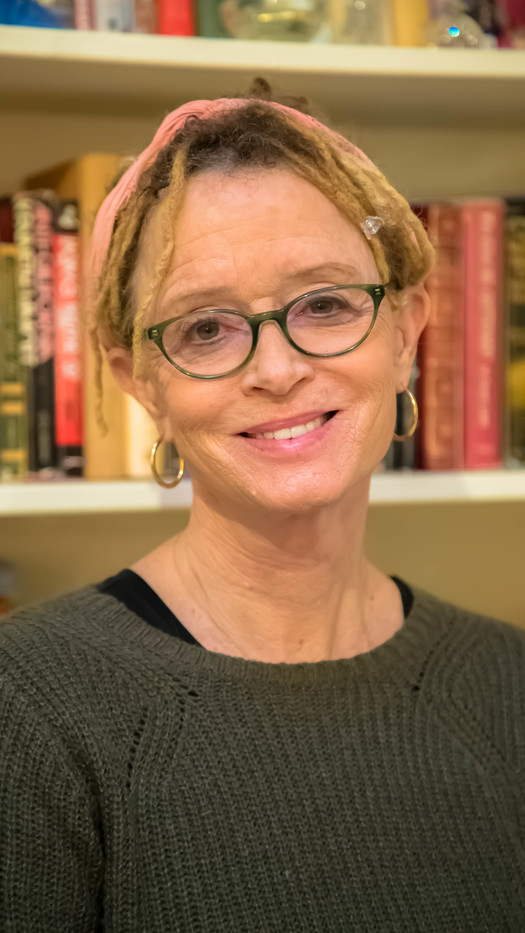
For Our Heroes (here's lookin' at you, Harry Potter Fanfic writers, lol).

So that’s why we should continue to slave over a hot keyboard? For those who may benefit from reading our work. For those who inspired us along the way. But under no circumstances should we do it for…
. . . Publication
After discussing, reviewing, dissecting, and applying the advice in now four writing advice books, we’ve come to recognize a few patterns. A chapter on publication seems a necessary requirement for a book about writing; however, so far, we’ve only seen said chapter in writing process books, not nuts and bolts prescriptive books on writing. While both Bradbury and Lamott include a chapter on this topic, Gardner and Bickham do not.
In this chapter, Lamott warns us publication isn’t all it’s cracked up to be. Even if things go really well (awesome book deals and lots of readers), there’s going to be places you don’t feel valued. Publishing a book isn’t going to fix ‘you.’ If you’re relying on publishing a book to feel validated, you’re in for some disappointment.
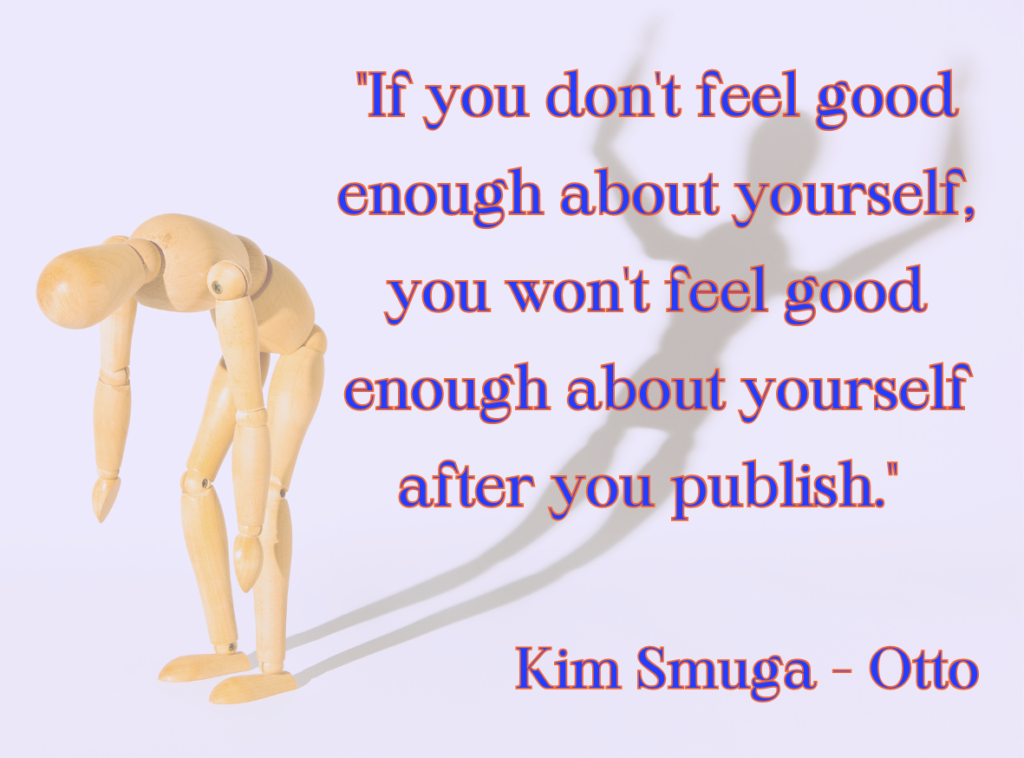
Join Our Process Group
On the podcast, we discussed our Words to Write by Process Group. While it’s not a workshop/critique session, we welcome all writers to gather and discuss any issues they are having in their writing pursuits (and it’s free).
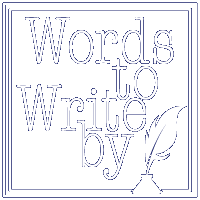
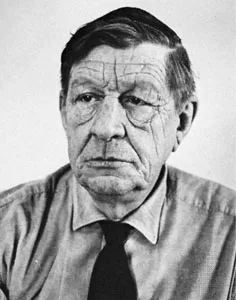
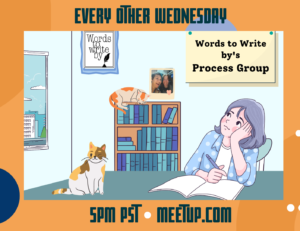
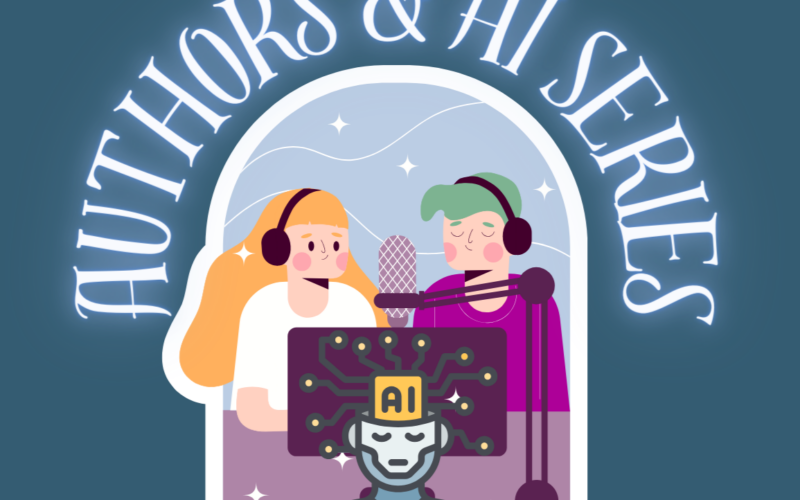

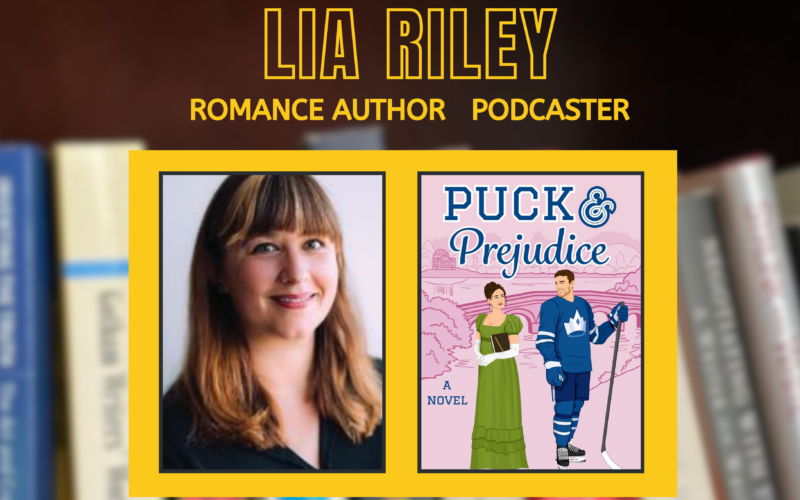
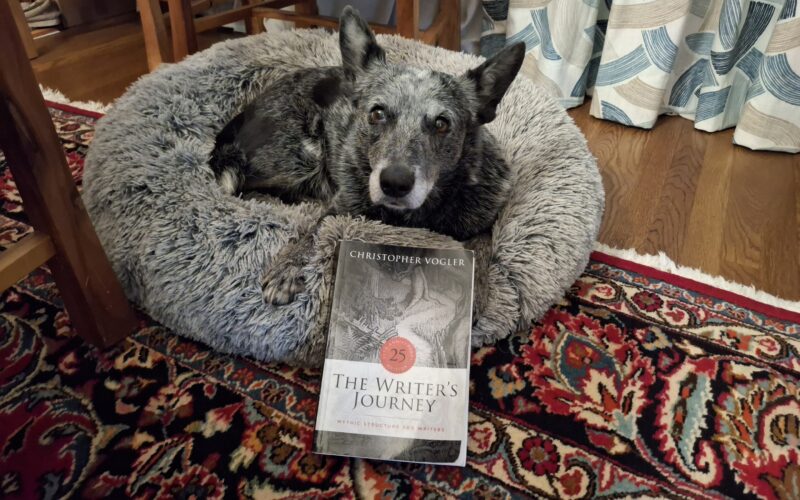
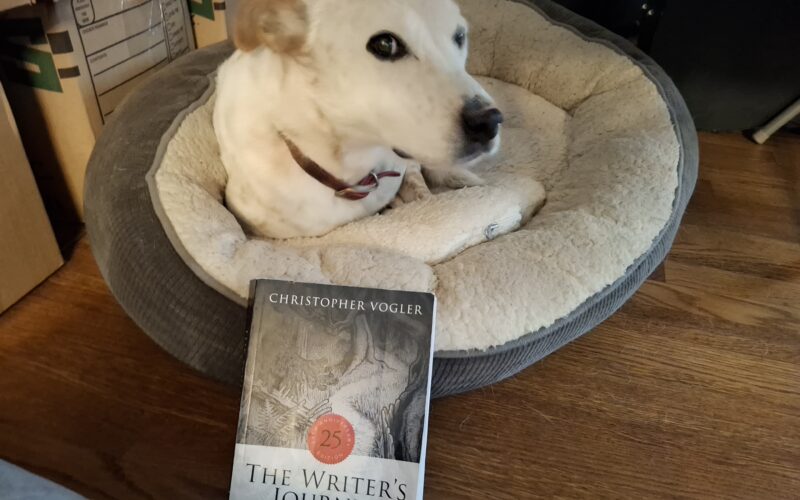
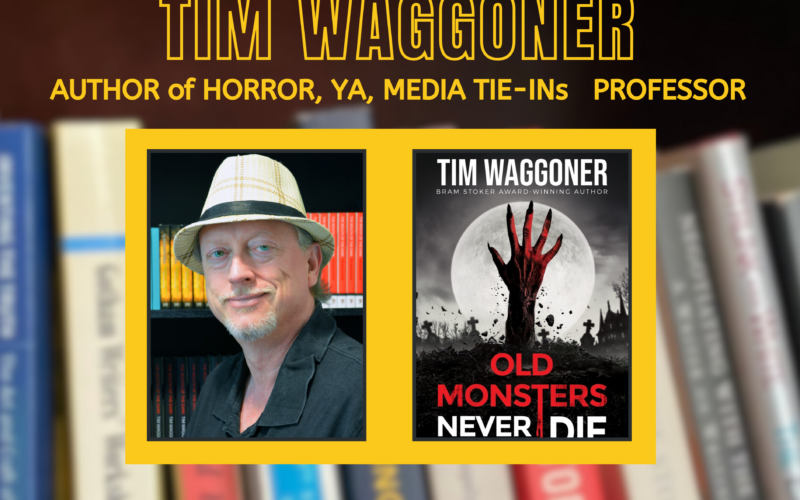



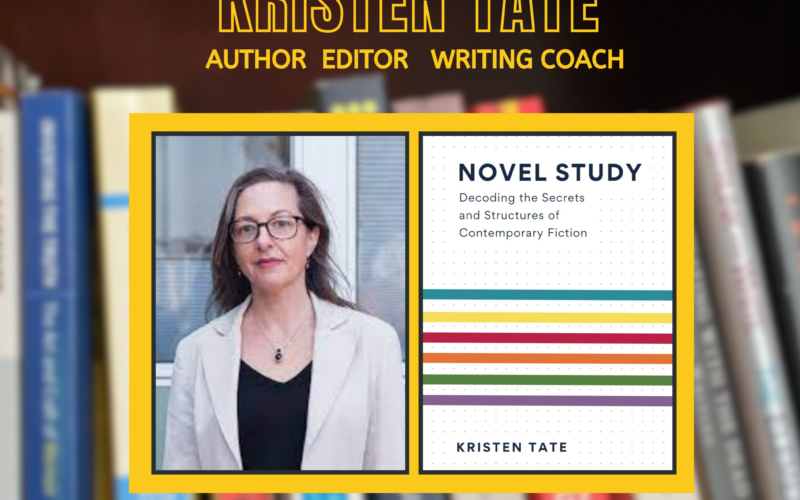

AI & Authorship: Where’s the Line?
Authors & AI SeriesEpisode 6: AI & Authorship: Where’s the Line? We’ve explored AI as brainstorming allies, critique partners, and research assistants. Now we’re tackling the most contentious question:...